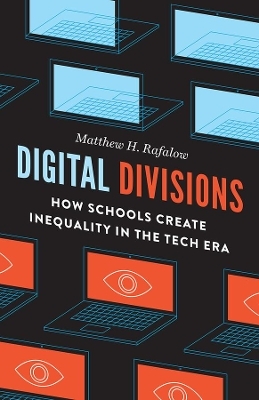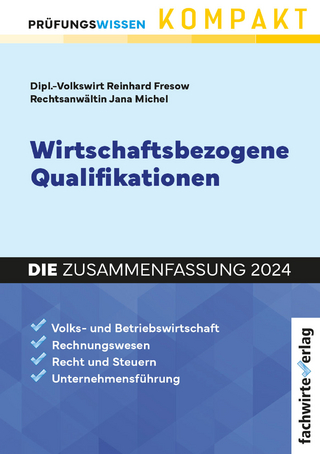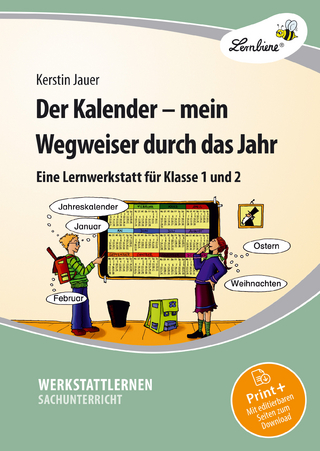
Digital Divisions
How Schools Create Inequality in the Tech Era
Seiten
2020
University of Chicago Press (Verlag)
978-0-226-72669-4 (ISBN)
University of Chicago Press (Verlag)
978-0-226-72669-4 (ISBN)
In the digital age, schools are a central part of a nationwide effort to make access to technology more equitable, so that all young people, regardless of identity or background, have the opportunity to engage with the technologies that are essential to modern life. Most students, however, come to school with digital knowledge they’ve already acquired from the range of activities they participate in with peers online. Yet, teachers, as Matthew H. Rafalow reveals in Digital Divisions, interpret these technological skills very differently based on the race and class of their student body.
While teachers praise affluent White students for being “innovative” when they bring preexisting and sometimes disruptive tech skills into their classrooms, less affluent students of color do not receive such recognition for the same behavior. Digital skills exhibited by middle class, Asian American students render them “hackers,” while the creative digital skills of working-class, Latinx students are either ignored or earn them labels troublemakers. Rafalow finds in his study of three California middle schools that students of all backgrounds use digital technology with sophistication and creativity, but only the teachers in the school serving predominantly White, affluent students help translate the digital skills students develop through their digital play into educational capital. Digital Divisions provides an in-depth look at how teachers operate as gatekeepers for students’ potential, reacting differently according to the race and class of their student body. As a result, Rafalow shows us that the digital divide is much more than a matter of access: it’s about how schools perceive the value of digital technology and then use them day-to-day.
While teachers praise affluent White students for being “innovative” when they bring preexisting and sometimes disruptive tech skills into their classrooms, less affluent students of color do not receive such recognition for the same behavior. Digital skills exhibited by middle class, Asian American students render them “hackers,” while the creative digital skills of working-class, Latinx students are either ignored or earn them labels troublemakers. Rafalow finds in his study of three California middle schools that students of all backgrounds use digital technology with sophistication and creativity, but only the teachers in the school serving predominantly White, affluent students help translate the digital skills students develop through their digital play into educational capital. Digital Divisions provides an in-depth look at how teachers operate as gatekeepers for students’ potential, reacting differently according to the race and class of their student body. As a result, Rafalow shows us that the digital divide is much more than a matter of access: it’s about how schools perceive the value of digital technology and then use them day-to-day.
Matthew H. Rafalow is a visiting scholar at the University of California, Berkeley’s Center for Science, Technology, Medicine, and Society and a social scientist at Google. This is his first book.
Introduction
Chapter 1 Similar Technologies, Different Schools
Chapter 2 Disciplining Play
Chapter 3 Where Disciplinary Orientations Come From
Chapter 4 Schools as Socializing Agents for Digital Participation
Conclusion
Acknowledgments
Appendix: Methodology
Notes
Index
| Erscheinungsdatum | 13.08.2020 |
|---|---|
| Zusatzinfo | 1 halftone, 6 tables |
| Sprache | englisch |
| Maße | 140 x 216 mm |
| Gewicht | 254 g |
| Themenwelt | Schulbuch / Wörterbuch ► Unterrichtsvorbereitung ► Unterrichts-Handreichungen |
| Sozialwissenschaften ► Pädagogik ► Schulpädagogik / Sekundarstufe I+II | |
| Sozialwissenschaften ► Soziologie | |
| ISBN-10 | 0-226-72669-X / 022672669X |
| ISBN-13 | 978-0-226-72669-4 / 9780226726694 |
| Zustand | Neuware |
| Haben Sie eine Frage zum Produkt? |
Mehr entdecken
aus dem Bereich
aus dem Bereich
elektronische Lehrmittel in den modernen Unterricht integrieren
Buch (2024)
Hanser, Carl (Verlag)
49,99 €
die Zusammenfassung
Buch | Softcover (2023)
Fachwirteverlag
24,80 €
eine Lernwerkstatt für Klasse 1 und 2
Buch (2023)
Lernbiene (Verlag)
25,90 €


